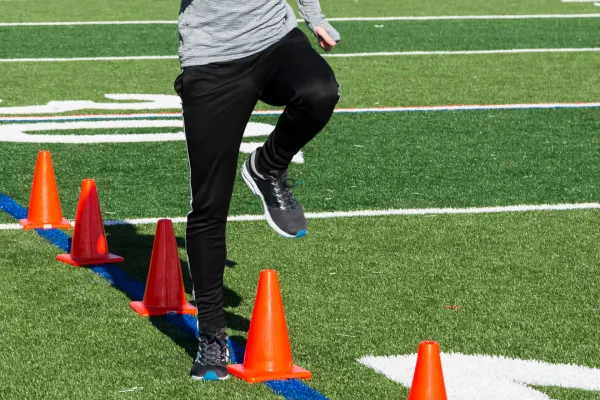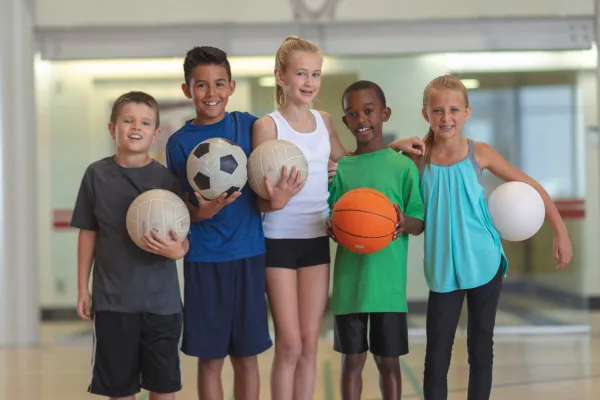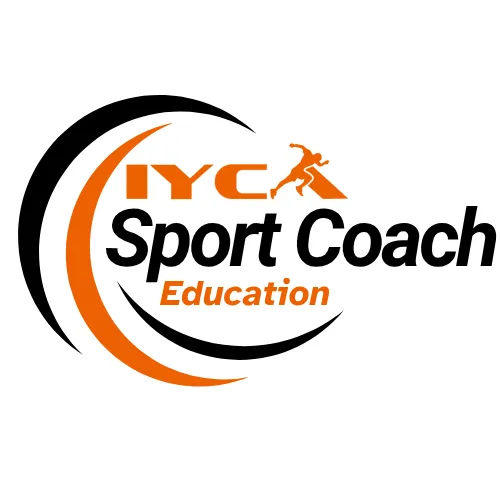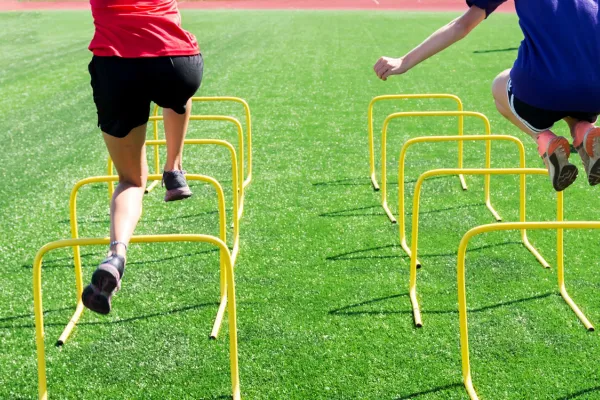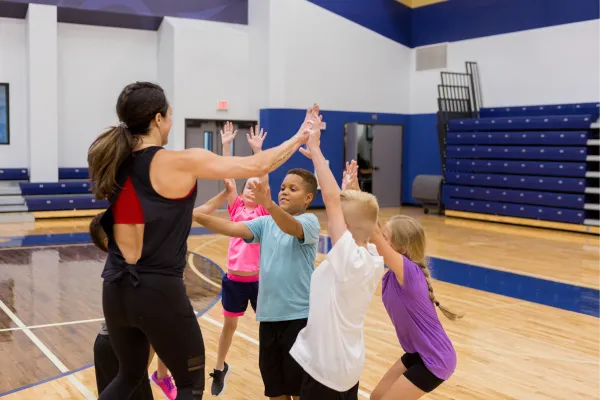
Why Teachers Make Great Coaches: The Science Behind the Synergy of Education and Sports Leadership
Teachers and coaches share a commitment to helping students and athletes achieve their potential. While coaching is often seen as a separate profession, many coaches are also educators, bringing their pedagogical skills to the field. This combination of teaching expertise and sports leadership offers unique advantages, not just for athletic development, but for holistic student-athlete growth.
Research supports the notion that teachers who coach provide a comprehensive environment for athletes to thrive, not just in sports, but in life. Here’s why teachers make great coaches, supported by science:
1. Effective Communication Skills
One of the most critical skills that teachers bring to coaching is their ability to communicate effectively. According to research, effective communication fosters trust, engagement, and learning (Hattie & Timperley, 2007). Teachers are trained to break complex concepts into understandable steps, and this skill is invaluable on the field, where clear communication can make the difference between success and failure. Whether explaining a drill or giving constructive feedback, teacher-coaches use their communication abilities to ensure athletes understand expectations and strategies.
2. Understanding of Learning Styles
Teachers are trained to recognize that each student has a unique learning style, whether it’s visual, auditory, or kinesthetic (Gardner, 2011). This understanding is equally valuable in coaching, where athletes may require different approaches to grasp new techniques or strategies. Studies show that athletes benefit from personalized learning environments that cater to their individual needs, making the teacher-coach dynamic particularly effective (Chandler & Schempp, 2014). Teacher-coaches have a natural ability to adapt their teaching methods, ensuring that all athletes are engaged and set up for success.
3. Building Strong Relationships
Research consistently shows that the teacher-student relationship is fundamental to student success (Roorda, Koomen, Spilt, & Oort, 2011). Teachers who coach take this further, building strong, supportive relationships with their athletes. When athletes trust their coach, they are more likely to take risks, improve their performance, and show resilience (Jowett & Cockerill, 2003). These strong bonds also foster an environment of psychological safety, where athletes feel confident to voice concerns and pursue personal growth.
4. Mastery of Time Management
Teachers often juggle multiple tasks, from preparing lessons to managing classrooms, all while meeting deadlines and helping students succeed. This requires exceptional time management skills, which are directly transferable to coaching. Research shows that effective time management in coaching leads to better organized practices, which in turn improve athlete outcomes (Zhao & Si, 2020). Teacher-coaches excel at balancing multiple responsibilities, ensuring that training sessions are not only efficient but also enriching for athletes.
5. Focus on Holistic Development
Teachers are often tasked with nurturing not only academic skills but also emotional and social development. This holistic approach translates well to coaching. Teacher-coaches understand the importance of developing the "whole athlete" — mentally, emotionally, and socially (Woolfolk, 2014). Studies highlight the positive impact of this comprehensive approach, suggesting that athletes who receive support in all aspects of their lives are more likely to achieve long-term success (Barker & McCarthy, 2019). By fostering resilience, discipline, and emotional intelligence, teacher-coaches help athletes become well-rounded individuals both on and off the field.
6. Problem-Solving Abilities
Teachers face a variety of challenges in the classroom, from managing diverse student needs to addressing behavioral issues. Research indicates that problem-solving skills are vital for teaching effectiveness (Anderson, 2002). Similarly, coaches must navigate unpredictable situations, whether it’s a sudden change in game plans or an athlete’s injury. Teacher-coaches excel in adapting strategies quickly, a crucial skill in both the classroom and on the field. Their ability to think critically and problem-solve in high-pressure situations benefits their teams, helping them overcome obstacles with creative solutions.
7. Role Modeling and Mentorship
Teachers serve as role models, guiding students to become responsible, empathetic individuals. As coaches, this role only expands. Research shows that athletes who have coaches with strong leadership qualities, including integrity and respect, are more likely to develop these traits themselves (Gould & Carson, 2008). Teacher-coaches lead by example, teaching not just athletic skills but also life lessons about accountability, respect, and teamwork. By modeling these behaviors, teacher-coaches instill lasting values that athletes carry with them beyond the game.
8. Commitment to Lifelong Learning
Great teachers are lifelong learners who constantly seek to improve their practice. This mindset is crucial in coaching as well, where staying updated on the latest training techniques, sport science, and psychological approaches is vital for success (Côté, Lidor, & Hackfort, 2009). Teacher-coaches are typically committed to continuous professional development, both in the classroom and as coaches. This ongoing learning allows them to refine their approach and ensure they are providing the best possible support for their athletes.
Conclusion: A Winning Combination
Teachers who coach offer a unique blend of educational expertise and athletic leadership. Their communication skills, understanding of learning styles, ability to build relationships, and focus on holistic development all contribute to creating an environment where athletes can thrive. Research supports the fact that teacher-coaches are not only effective in improving athletic performance but also in fostering resilience, teamwork, and life skills in their athletes.
To all the teacher-coaches out there — thank you for the incredible impact you make every day. Your dedication to both education and athletics is shaping the next generation of leaders, on and off the field.
About the Author:
Julie is an Author, CEO and Coach. She is the Brand Executive at the IYCA, the President & Founder of the Non-Profit Beyond The Game Alliance where they offer a full suite of workshops and support for teams, coaches and parents. In addition to her work as a business consultant and coach of coaches, leaders and entrepreneurs.
Julie is a Speed Development Specialist and Inner-Game Coach at the college, high school and youth levels.

Visit Julie’s Author Page
Other Articles by Julie Hatfield-Still
The Power of Play: Why Free Play is Essential For Youth Athletes at Every Age
The Cornerstone of Effective Coaching: Mastering EQ
References
Anderson, L. W. (2002). The Search for Common Ground: Education and Teaching in the 21st Century. Education Press.
Barker, R., & McCarthy, P. (2019). The Impact of Sports on Holistic Development: The Role of the Coach in Developing the Whole Athlete. Journal of Sports Psychology, 34(2), 120-134.
Chandler, T., & Schempp, P. (2014). The Role of Individual Learning Preferences in Sport Coaching. Journal of Applied Sports Psychology, 26(1), 10-24.
Côté, J., Lidor, R., & Hackfort, D. (2009). The Role of Coaches in the Development of Athletes: Insights from Experts. International Journal of Sports Science & Coaching, 4(3), 371-384.
Gardner, H. (2011). Frames of Mind: The Theory of Multiple Intelligences. Basic Books.
Gould, D., & Carson, S. (2008). Mental Skills Training for Athletes: A Cognitive Behavioral Approach. Journal of Sport and Exercise Psychology, 30(4), 310-322.
Hattie, J., & Timperley, H. (2007). The Power of Feedback. Review of Educational Research, 77(1), 81-112.
Jowett, S., & Cockerill, I. M. (2003). Olympic Coaches' Perceptions of the Role of the Coach: A Qualitative Analysis. Journal of Applied Sport Psychology, 15(1), 23-45.
Roorda, D. L., Koomen, H. M. Y., Spilt, J. L., & Oort, F. J. (2011). The Influence of Affective Teacher-Student Relationships on Students’ School Engagement and Achievement: A Meta-analytic Approach. Review of Educational Research, 81(4), 493-529.
Woolfolk, A. (2014). Educational Psychology (12th ed.). Pearson Education.
Zhao, Y., & Si, L. (2020). Coaching Strategies and Time Management in Elite Sports. Journal of Sports Sciences, 38(7), 728-736.




